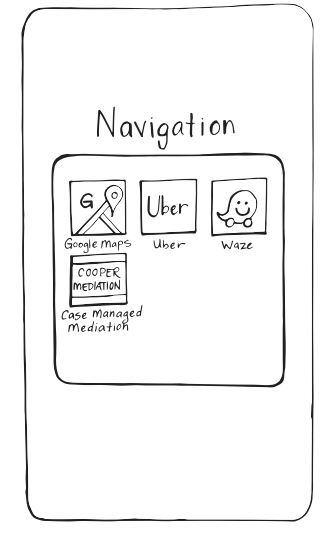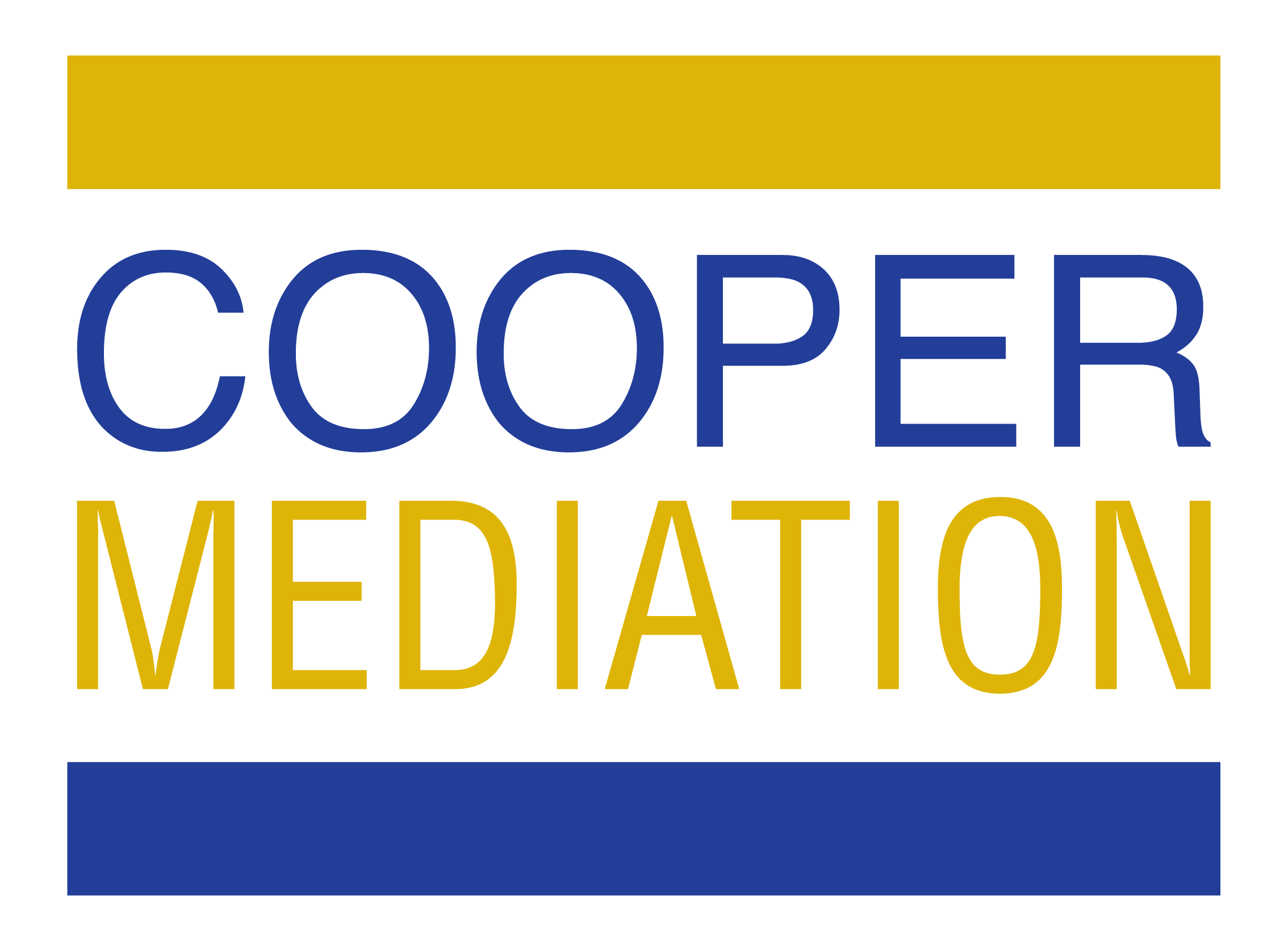
08 Aug Case Management Tips for Young Lawyers
There are few people more pressed for time than young lawyers. Building a practice and reputation is exceptionally difficult work. Relatively new entrants into the legal field can usually be found juggling many cases and burning their candles at both ends.
In fact, if you are a young lawyer and you found time to read this blog post, give yourself a pat on the back for somehow managing to add some professional development work to your overflowing plate. Fortunately, the five minutes it takes to read my advice will likely be paid back to you many times over if you put it into practice.
Case Management: The Journey Is Just As Important As the Destination
When you’re about to travel to a new destination, do you jump in the car and start driving madly off in all directions hoping you will eventually find your way there? Of course not! You plan your trip, consult a map and perhaps ask for directions along the way if you sense you have taken a wrong turn.
What if you’re planning to meet other people at your final destination? It only makes sense to consult them first to ensure you have a plan to end up at the same place, at the same time and with everything you need to enjoy your time together.
Good case management practices follow a similar path – particularly if a mediated settlement is your preferred destination (or even a stop along the way to trial).
Getting To Know Them… And Us
As counsel for either the defence or the plaintiff, you won’t be travelling alone. Your first step is to get to know your client, gauge their expectations and prepare them for what lies ahead. As you are fact finding and preparing your case, do you expect them to be an active participant? Are they reasonable in their thinking and do they have potential to be co-operative or do they seem intent on taking a hard line?
Once you get to know your travelling companion and have an idea of what information you will need to make your case, try to take some time to get to know the people you will be meeting. Open communication lines with opposing counsel by setting up a teleconference or kick-off meeting. You can discuss what it will take for meaningful settlement discussions to take place, work on a timetable that makes sense to all parties, given the need for assessments, reports and records and start to set (or manage) expectations.
Perhaps your out-going nature, organizational acumen and confidence will help you lead these discussions. However, if you’re planning for mediation or simply desire a neutral party to assist with this call, my colleagues and I at Cooper Mediation are pleased to be at your service. We offer an hour of free case management services, including kick-off calls before or after discovery, to help set timetables and prepare for more fulsome discussions at mediation. If the matter does not proceed with us, or requires more than one hour of planning time, we simply charge our customary hourly fees for time spent.
Lining Up All Your Ducks in a Row
Whether you choose to work with Cooper Mediation or use your own office resources for this call or introductory communication, here’s a tip that will help you start off talks with your best foot forward. In Improvisation classes, actors are taught that an effective way to keep building the story is to use the “yes, and” technique. In mediation, this is a treasured tool too!
By acknowledging (if not always agreeing) with opposing counsel – whether the defence or the plaintiff and then adding to the discussion, you can initiate a collaborative relationship and, hopefully, build mutual good will. After all, mediation is designed to provide a space to potentially achieve a mutually agreeable resolution for a matter so it’s in your best interest to show that you are at least willing to try to come together in productive ways.
Speaking of being productive, the most important thing to walk away with from this tele-conference is your “work-back” schedule. This schedule gives everyone at the table a list of benchmarks, due dates and deadlines for when everything needed for mediation (or pre-trial) will be available. The schedule, if planned correctly, will give you and your client a good idea of when your first mediation date should be set. A check-in by counsel 30 – 60 days in advance of your mediation date to ensure everything is on time and in order will help you avoid fees related to cancellation.
Plan To Succeed By Planning
Good case management practice is an essential part of larger time management strategies that successful young lawyers use to handle their many responsibilities most effectively. I hope this blog has given you some tips to setting yourself up for an orderly case load and creating reasonable timelines to manage your matters.
One of the best ways to manage your time (and cases) is to delegate tasks to others where possible. Why not let Cooper Mediation’s free case management offer help you take a load off your mind so you can take a little more time for yourself.
ABOUT THE AUTHOR
 Logan Cooper joined the Cooper Mediation team in November, 2017 and now devotes 100% of her professional time to mediation. Contact Logan at: logan@coopermediation.ca or (416) 726-1344. Alternatively, you may view Logan’s Online Calendar to book a mediation: www.coopermediation.ca/logan-coopers-online-calendar/.
Logan Cooper joined the Cooper Mediation team in November, 2017 and now devotes 100% of her professional time to mediation. Contact Logan at: logan@coopermediation.ca or (416) 726-1344. Alternatively, you may view Logan’s Online Calendar to book a mediation: www.coopermediation.ca/logan-coopers-online-calendar/.
“[Logan’s] strengths are her obvious intelligence, ability and (dare I say it?) training…” – Senior Defence Counsel
